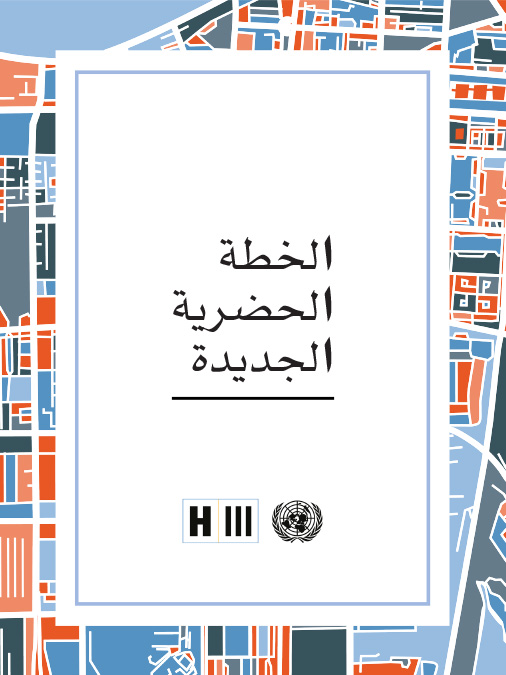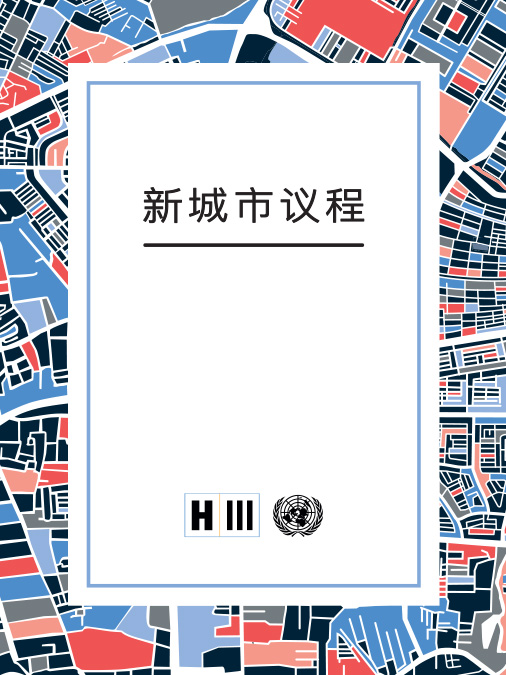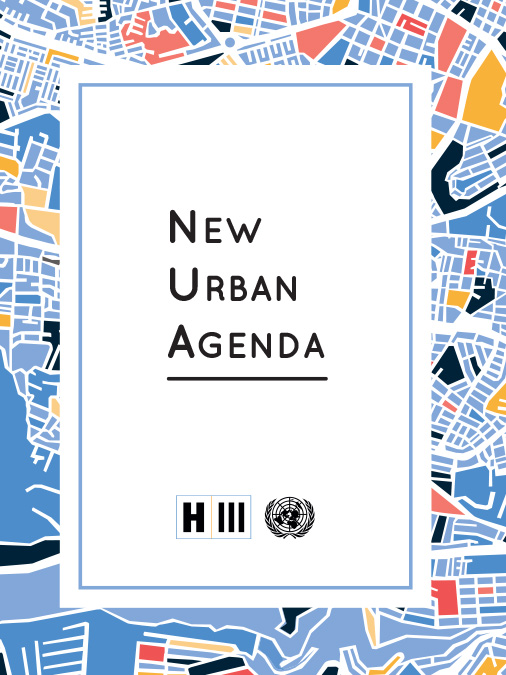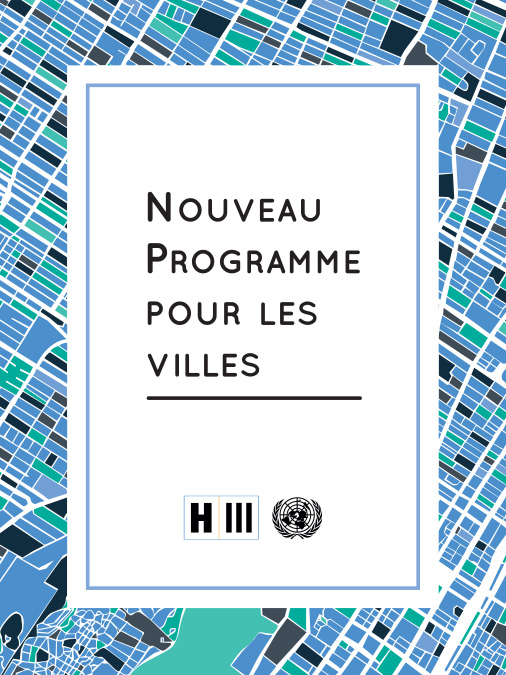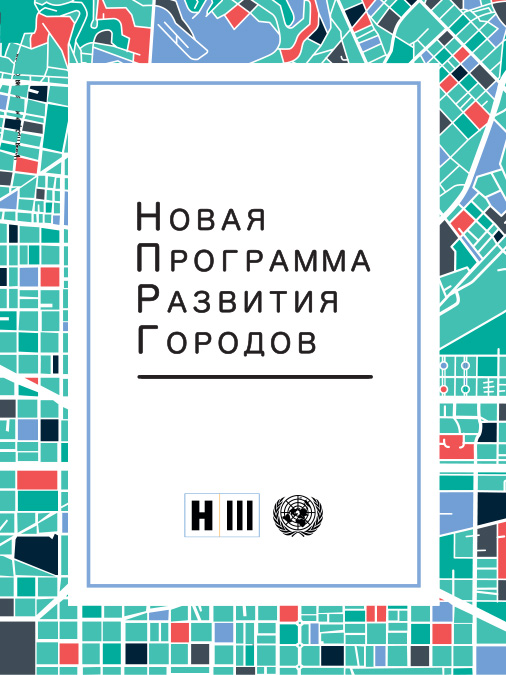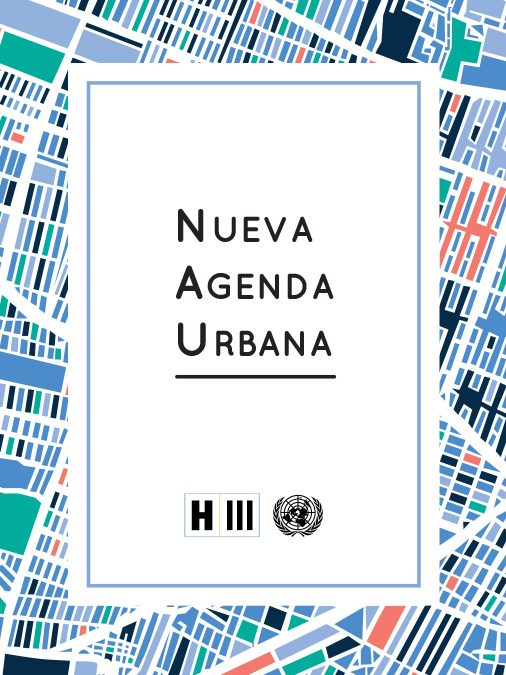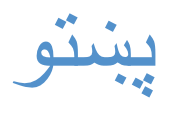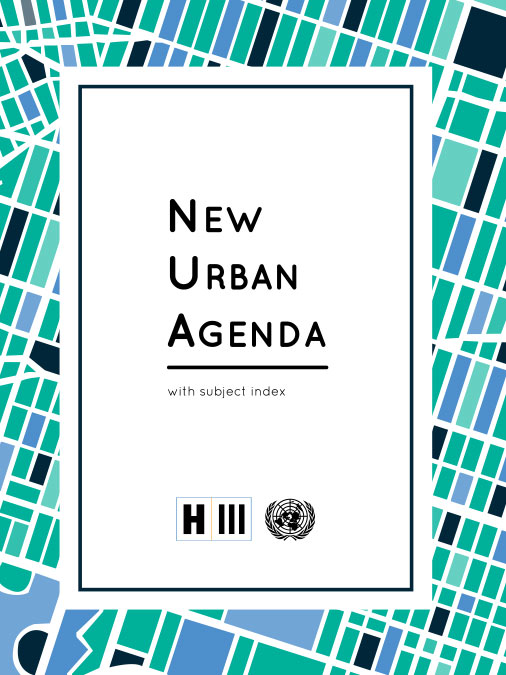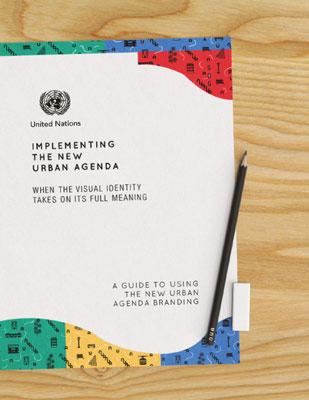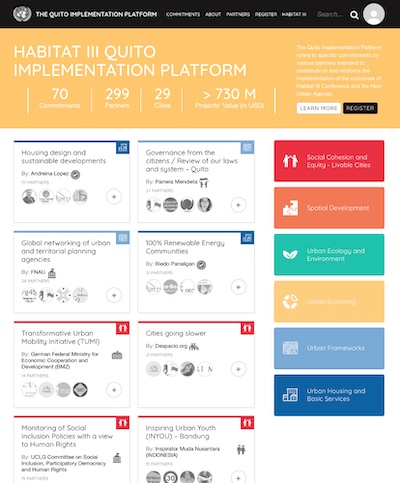The Transformative Power of Urbanization
Throughout modern history, urbanization has been a major driver of development and poverty reduction. Governments can respond to this key development opportunity by promoting a new model of urban development that is able to integrate all facets of sustainable development to promote equity, welfare and shared prosperity. Read more
It is time to think urban: how to mobilize the global community and focus all levels of human settlements, including small rural communities, villages, market towns, intermediate cities and metropolises for social and economic growth. Habitat III helped to systematize the alignment between cities and towns and national planning objectives in their role as drivers of national economic and social development.
Urbanization is an unprecedented challenge. By the middle of 21st the century, four of every five people might be living in towns and cities. Urbanization and development are inextricably linked, and it is necessary to find a way of ensuring the sustainability of growth. Urbanization had become a driving force as well as a source of development with the power to change and improve lives.
The Habitat III Conference had the convening power to bring together all actors to achieve these objectives. Solutions for the complex challenge of urbanization can only be found by bringing together Member States, multilateral organizations, local governments, private sector and civil society.

